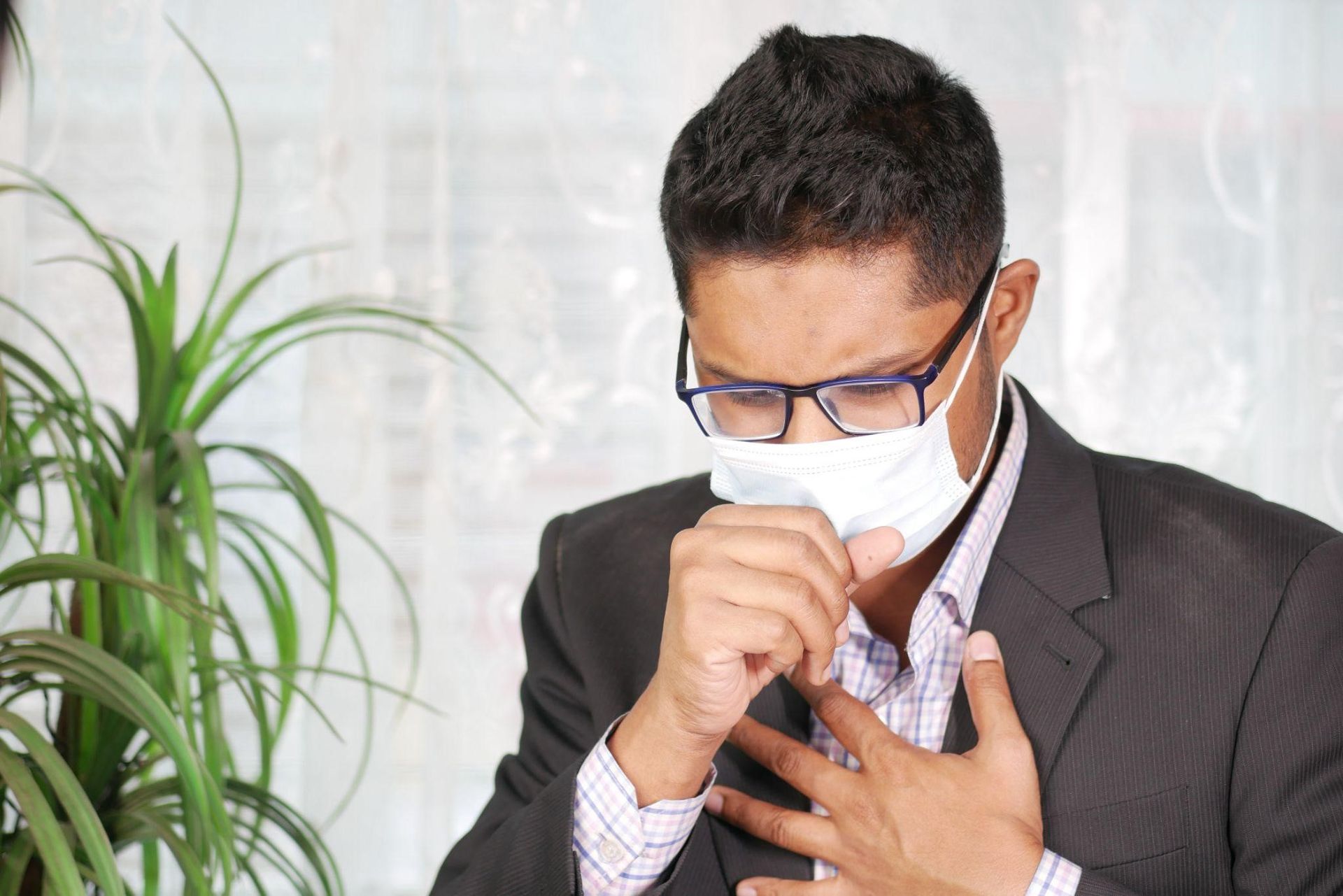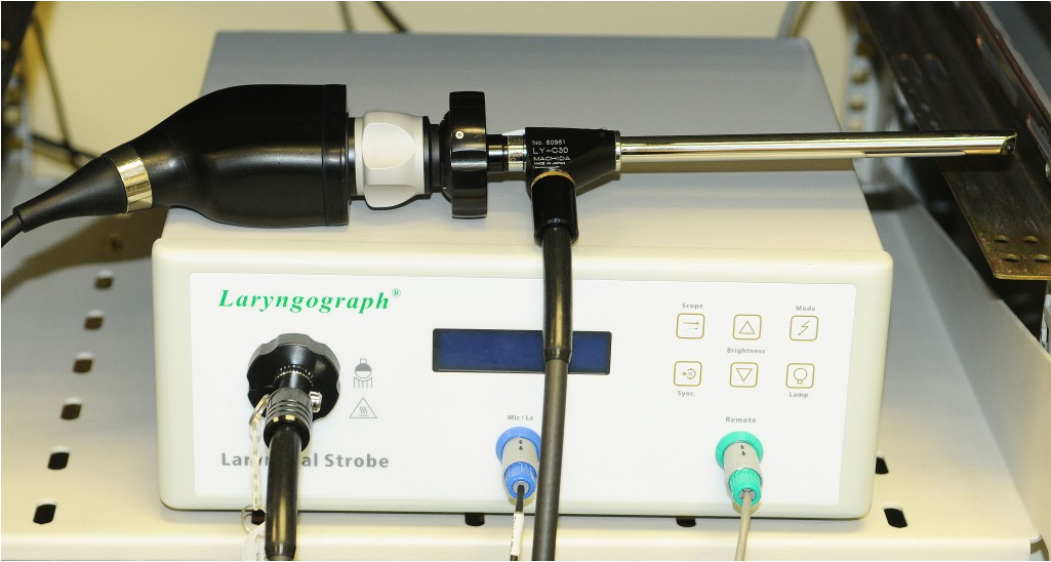How Are Vocal Cord Polyps Treated?
If you’ve recently been diagnosed with a vocal cord polyp and have been considering treatment options, give this article a read. We highlight some of the treatment options available for vocal cord polyps. Read on to know more.
What Are Vocal Polyps?
The overuse or misuse of your voice may lead to inflammatory changes in the vocal folds. This may even happen after a single episode of abuse of your vocal cords, like cheering at a sports event or even sneezing!
When you have a ruptured capillary in the vocal cord, fluid from the vocal cord may leak out forming a polyp. They may appear as reddish bumps or blisters and can be filled with blood. Polyps are benign in nature, which means that they are non-cancerous and do not spread to other parts of the body.
How Do Polyps Differ from Nodules?
Polyps can occur from a single episode of voice misuse. Vocal cord nodules are more likely to be caused by longer-term vocal trauma. Vocal cord nodules are like calluses with thickened skin (epithelium). Polyps are often more vascularized than nodules. Nodules and polyps can affect one or both vocal cords. Both nodules and polyps inhibit the vocal cords from forming a seal to create your voice. They also add weight to the vocal cords so that they do not vibrate as well.
What Are the Symptoms of Vocal Cord Polyps?
A person may experience these issues when they have vocal polyps:
● Hoarseness
● Breathy voice
● Irregular voice
● Vocal fatigue
● Loss of vocal note range
How Are Vocal Polyps Diagnosed?
A stroboscopy, which is a specialized endoscopic exam of the vocal cords, can be performed in office to diagnose vocal cord polyps. Polyps cannot be diagnosed with history alone or without an endoscopy.
How Are Vocal Polyps Treated?
Vocal polyps may be treated in two ways: vocal therapy in the initial stages, and if that doesn’t suffice, a polypectomy is performed. Let us explore these different treatment options in more detail.
Vocal Therapy
Sometimes, vocal fold polyps can be treated with voice therapy. Voice therapy strengthens and promotes the usage of the vocal folds while also coaching the patient on recognizing and avoiding habits that lead to the production of polyps. A speech-language pathologist typically provides this voice therapy.
Medications
There are no medications that reliably remove polyps.
Vocal Polypectomy
When vocal polyps don’t respond well to vocal therapy, surgical intervention may become necessary. A microsurgery known as polypectomy is performed to remove these polyps. It is a minimally-invasive microscopic surgery usually performed as an outpatient procedure.
Talk to your doctor about the treatment options available and make an informed decision to ensure long-term health.
If you’re looking for professional treatment and care for vocal cord polyps, get in touch with
Dr. Elizabeth Burckardt, MD. She is a fellowship-trained laryngologist and professional voice surgeon in Louisville, Kentucky, and Jeffersonville, Indiana. She provides surgical and medical treatment for
voice, airway, and swallowing disorders. So if you have questions or concerns about vocal cord polyps, feel free to contact her by
visiting her website.










